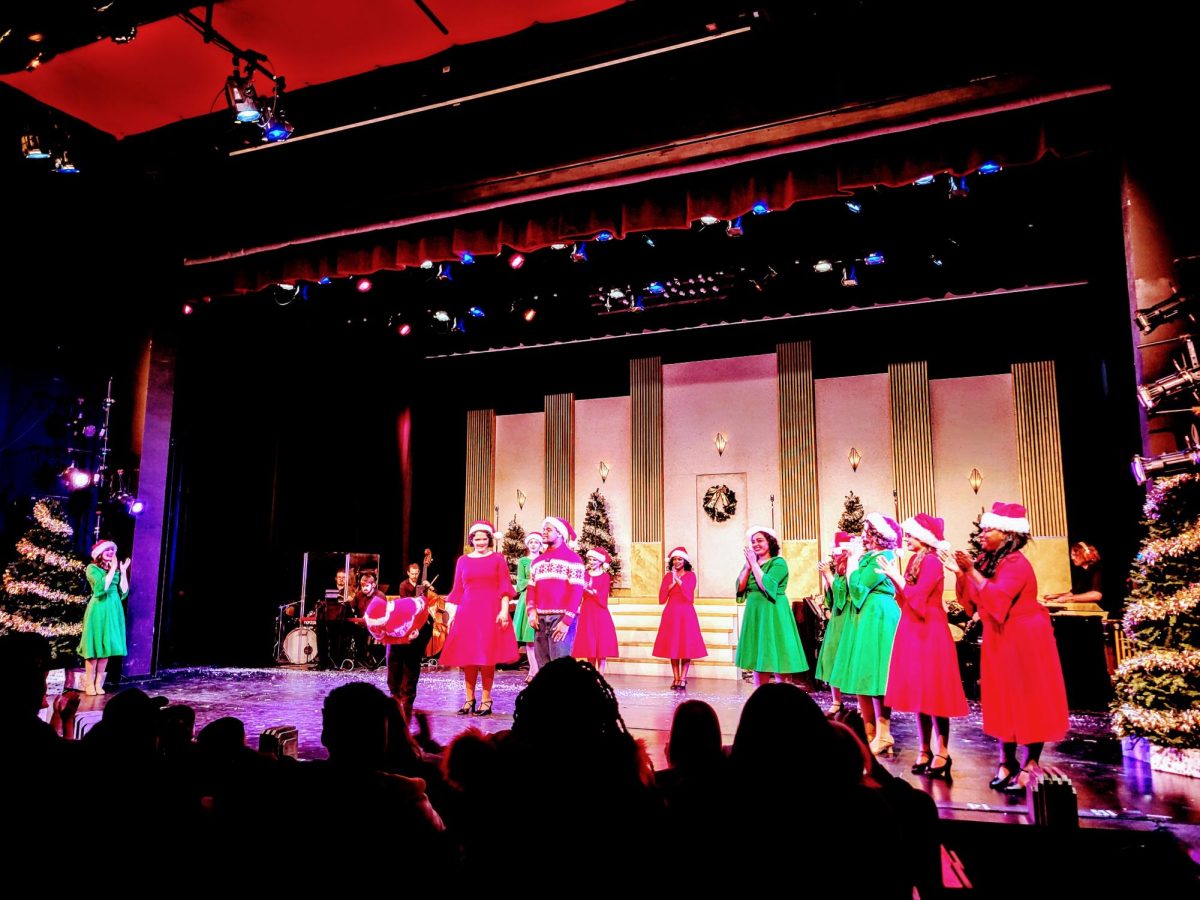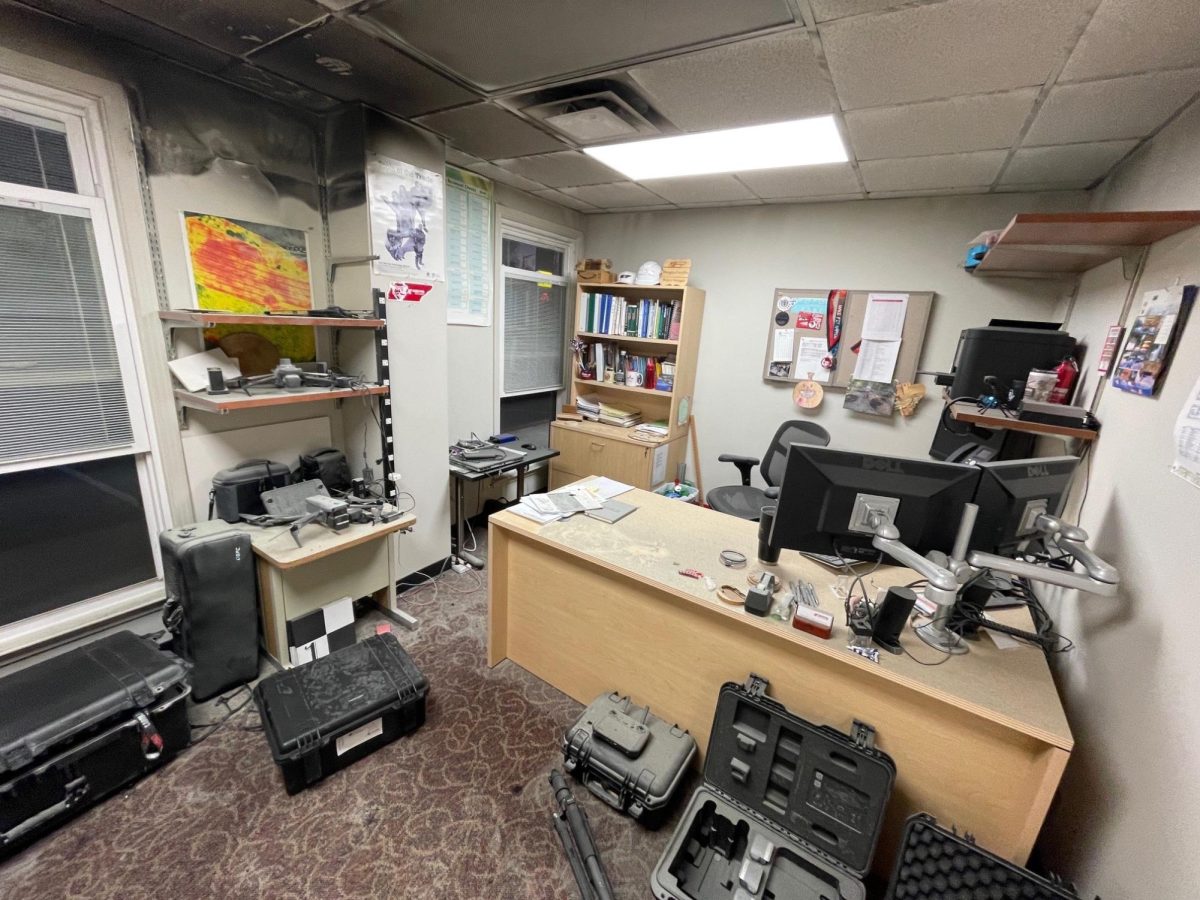By Phillip Swanson
Staff Writer
This year’s Winter Olympics at Sochi in Krasnodar Krai, Russia, have raised concerns about the city’s last-minute construction, privacy, security and safety.
Continuing Construction:
Journalists in Sochi have taken photos that illustrate how the city was still unprepared for the Olympics two days before the opening ceremonies. Hotels were still being built, and some reportedly had no running water. Shaun Walker of The Guardian said when he checked into his hotel early in the week, the hotel crew told him, “Your room is still under construction. They are literally finishing; the keys are literally coming.” He then continued to wait for three hours before he could get to his room, which had “no heat available and smelled like industrial glue.”
Hotel Privacy:
While journalists have been sending out messages complaining of hotel inadequacies, Dmitry Kozak, the deputy prime minister involved with the Olympic Games, said on Thursday, Russian officials believed the Western journalists are deliberately trying to give the city a bad reputation. “We have surveillance video from the hotels that show people turn on the shower, direct the shower at the wall, then leave,” officials said. Such information implies there are video cameras watching individuals, even while they are in their hotel bathroom.
Hacking:
Russian law allows for an intelligence agency to hack and monitor any individual’s phone and computer while inside the country, and that is exactly what has been reported at the Olympic Games. James Gordon Meek of ABC News reported that it is not only the Federal Security Service in Russia that is spying, but Russian mafia and thieves, as well. In an article, Meek said, “Russian organized crime groups also are well known for hacking smartphones and email for information they use for illicit profit.” Meek said smartphones can be hacked any time the devices are away from the user’s hands, such as passing through airport security, or by hijacked cell towers that can hack a phone over a long distance.
Safety:
The Telegraph reported on Wednesday, Jan. 22, that the International Olympic Commission received letters and emails in both English and Russian saying athletes would be “blown up,” and advised several countries not to attend the games.
The U.S. also warned on Wednesday, Jan. 22, terrorists could potentially use toothpaste tubes as a transport system to mix explosive chemicals while in flight. Russian officials already banned liquids in plane cabins earlier in the year.
According to Chelsea Sheasley of the Christian Science Monitor, Russia has spent $2 billion on a “Ring of Steel” that surrounds Sochi and prevents any unregistered car from arrival. All visitors have to register with the police upon entering and are subject to near-constant surveillance. Other security measures include the use of drones, 25,000 special police officers and water patrols. TAS






